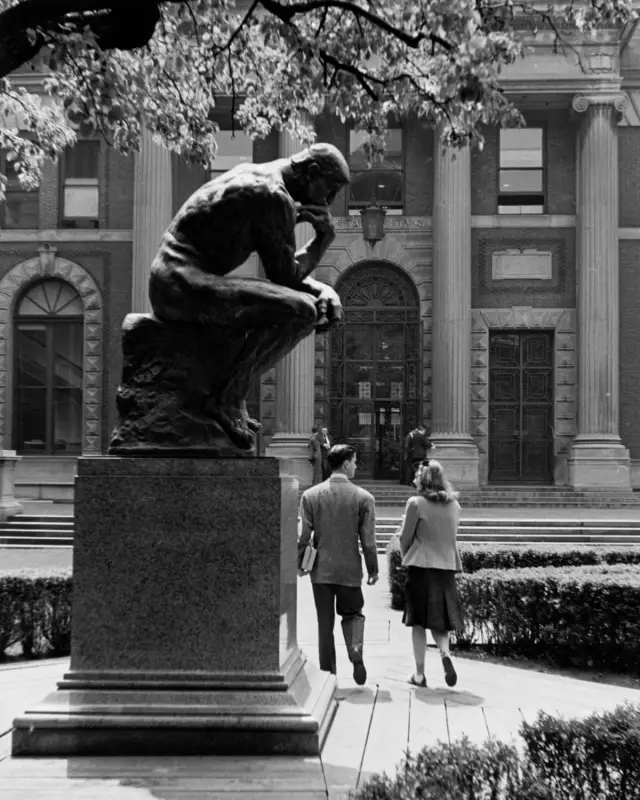
A quiet revolution is unfolding within the hallowed halls of British higher education, where a network of conservative-backed research centres is systematically reshaping academic discourse and institutional priorities across the country.
The Stealth Expansion of Ideological Influence
What began as isolated initiatives has evolved into a coordinated movement, with well-funded conservative centres establishing footholds in prestigious universities from London to Scotland. These operations, often bearing academic-sounding names, are fundamentally altering the intellectual landscape of campuses traditionally seen as bastions of liberal thought.
Unlike traditional academic departments, these centres operate with substantial external funding and clear ideological missions. They're not merely adding conservative voices to existing conversations—they're creating parallel structures that compete with established academic programmes for influence, students, and institutional legitimacy.
The Funding Pipeline
The financial engine driving this transformation remains largely opaque. Millions of pounds flow through complex networks of donors and foundations, creating what critics describe as a "shadow curriculum" operating within mainstream institutions. This funding enables these centres to:
- Host high-profile speakers and conferences
- Offer scholarships and fellowships to sympathetic students
- Develop alternative course materials and research programmes
- Build media platforms that amplify their perspectives
Academic Freedom or Institutional Capture?
Proponents argue these centres represent a necessary corrective to what they perceive as liberal dominance in academia. They position themselves as champions of intellectual diversity, providing platforms for viewpoints they claim are systematically excluded from mainstream academic discourse.
However, academics and watchdog groups express growing concern about the transparency of these operations and their long-term impact on institutional independence. The fundamental question remains: are these centres enriching academic debate or creating parallel structures that undermine the university's educational mission?
The Student Experience Transformed
For students, the proliferation of these centres creates a complex educational environment. While some welcome exposure to diverse perspectives, others report feeling pressured to align with conservative viewpoints to access certain opportunities, resources, and career pathways.
The curriculum itself is becoming a battleground, with conservative centres developing alternative reading lists, research methodologies, and even complete courses that compete with traditional departmental offerings.
The Future of British Higher Education
As these centres continue to expand their influence, fundamental questions about academic integrity, funding transparency, and institutional autonomy demand urgent attention. The transformation occurring within UK universities represents more than just a shift in political perspective—it signals a potential redefinition of what constitutes legitimate knowledge and academic excellence.
The ongoing struggle over the soul of British higher education will likely determine whether universities remain spaces for open inquiry or become arenas for ideological competition, with profound implications for future generations of students and the intellectual health of the nation.





